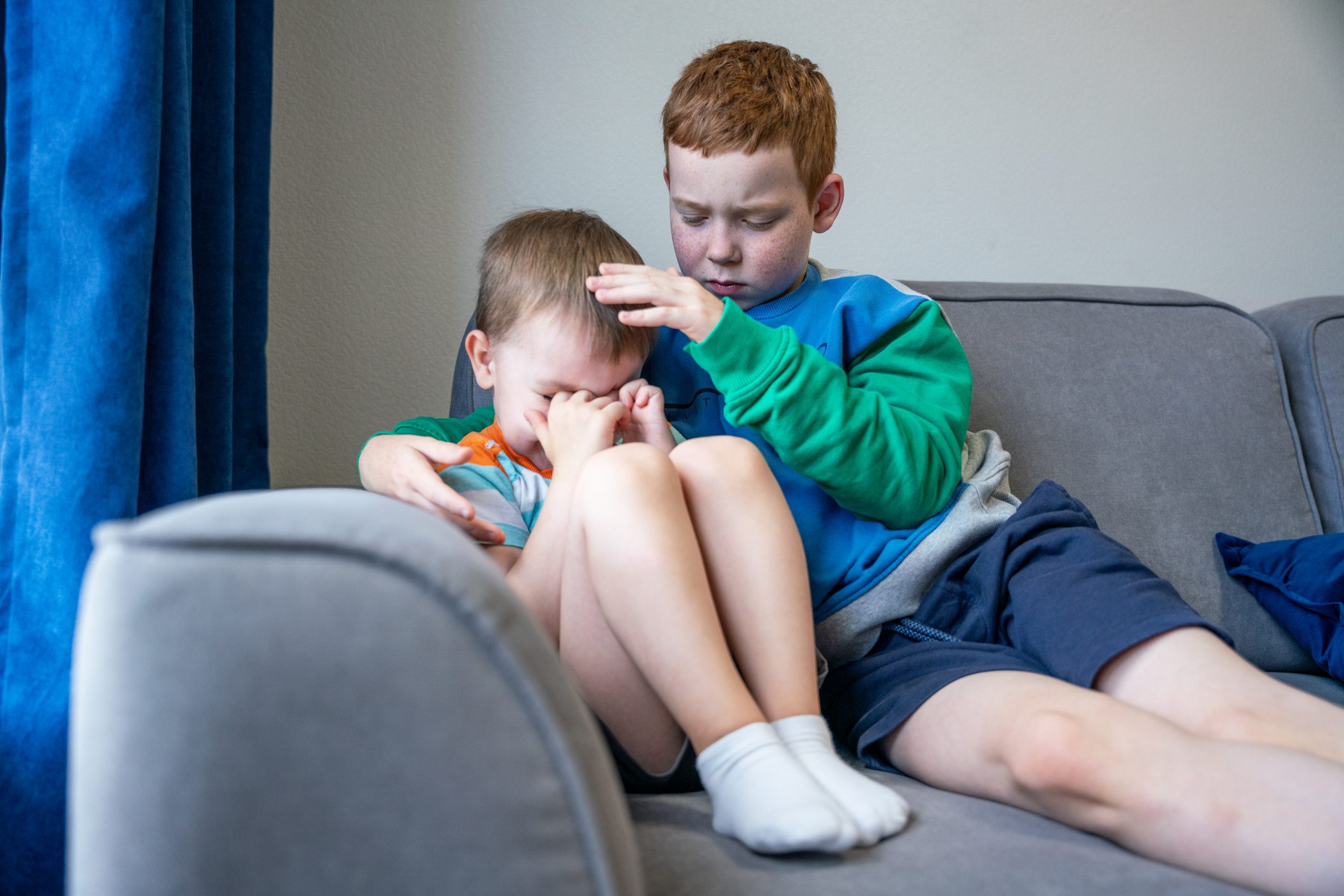What can go wrong with arrangements in a will about caring for pets after the death of their owner?
Consider the case of Anne Thorburn who died in January 2020, aged in her mid-70s.

She had been living alone in her Tennyson Point property in the Western reaches of Sydney Harbour with two cats Bonnie and Clyde for company.
Anne’s estate was sizeable and she dealt with its distribution by her last will made in September 2019.
Her bank funds were sufficient to pay 17 personal bequests of $225,000 each to close friends including her executor Richard Ziade and to Christopher and Larraine Hibbitt, as well as a further 17 bequests of $20,000 each – almost $4.2M in total.
Fourteen charities were also each left substantial parcels of shares.
Her valuable Tennyson Point home was to be “held” for the Hibbitts “in return for caring for my two cats” and the residue was to be divided equally among all legatees.
Mr Ziade considered that the gift of the property was conditional on the Hibbitts having completed the task of “looking after the cats” as mentioned in the will, such that the property would not pass to them until the cats’ lives had expired.
The Hibbitts on the other hand contended that the gift was absolute and they did not have to wait for the cats to die before they were to receive that gift.
Given there were sufficient other funds in residue to meet estate expenses, they called for the property to be promptly transferred to them.
The dispute came before Justice Guy Parker in the NSW Supreme Court.
In his view the gifting clause was ambiguous.
The words directing the executor to “hold” the property “to” the Hibbitts were not sufficient to clearly require a trust deferring any benefit. Neither was there an express right to reside in favour of their favour during the pets’ lives, nor did the will set out who was to meet the maintenance costs in the meantime.
The phrase “in return for caring for my two cats” was equally capable of the interpretation contended for by the executor as it was for that asserted by the beneficiaries.
Justice Parker noted the general rule of construction that requires the Court to favour an interpretation allowing an immediate rather than deferred, vesting of a gift.
Having regard to that rule and because the will here made no provision at all for the complications that would arise if the property had to be held in trust until both cats had died, his honour considered that the gift was – prima facie at least – intended to be immediate.
However, given the ambiguity he was entitled to consider evidence external to the terms of the will to aid in its interpretation.
In this regard he accepted evidence of instructions given by the deceased to her solicitor who happened to be the executor’s brother.
That included correspondence and notes of discussions between the two discussing the will terms and particularly the gift of the home. The wording “in return for caring for the cats” was initially prepared by Anne herself.
The “most important evidence” in His Honour’s view were file notes made by the solicitor on 12 and 16 September 2019, days before the will was signed.
The deceased statements recorded in those notes that she would “have to trust” the Hibbitts, signalled that her executor would have no recourse if they failed to comply with their undertaking and the conclusion that she must have intended an immediate gift.
That contemporaneous evidence was preferred over that given by the solicitor by way of affidavit two years later from his recollection that was somewhat to the contrary.
Justice Parker also noted that Anne ought to have been entitled to expect the wording she prepared “in return for caring for the cats” would have been improved in the course of drafting by her solicitor to clarify the ambiguity that confronted the court.
He ruled that the gift of the Tennyson Point property was to occur to occur immediately as it was not conditional on the beneficiaries complying with their undertaking to look after the cats, “although I have no reason to doubt that the Hibbitts fully intend to comply with that undertaking.”
Hibbitt v Ziade [2022] NSWSC 904 Parker, 4 July 2022 Read case




